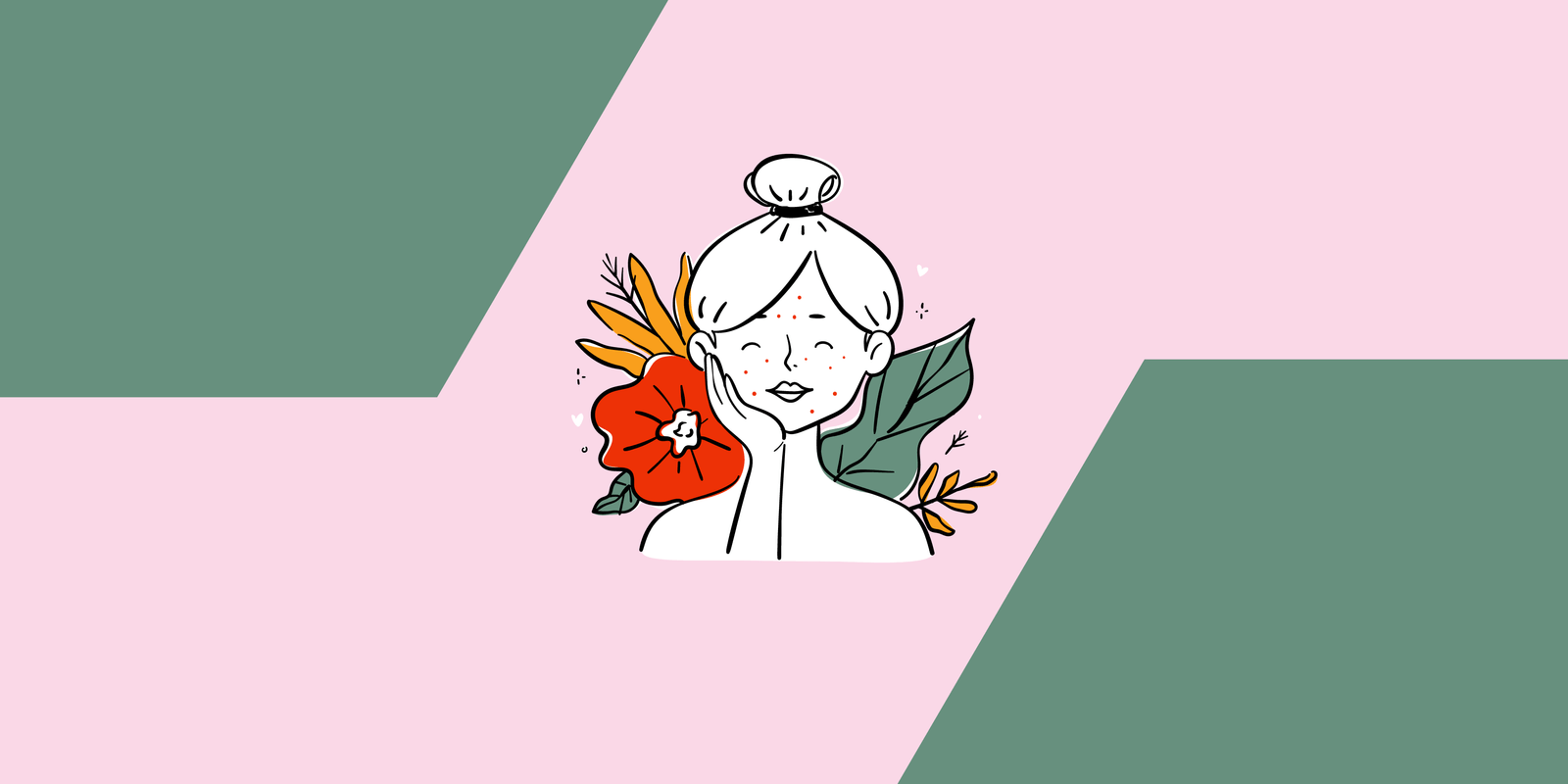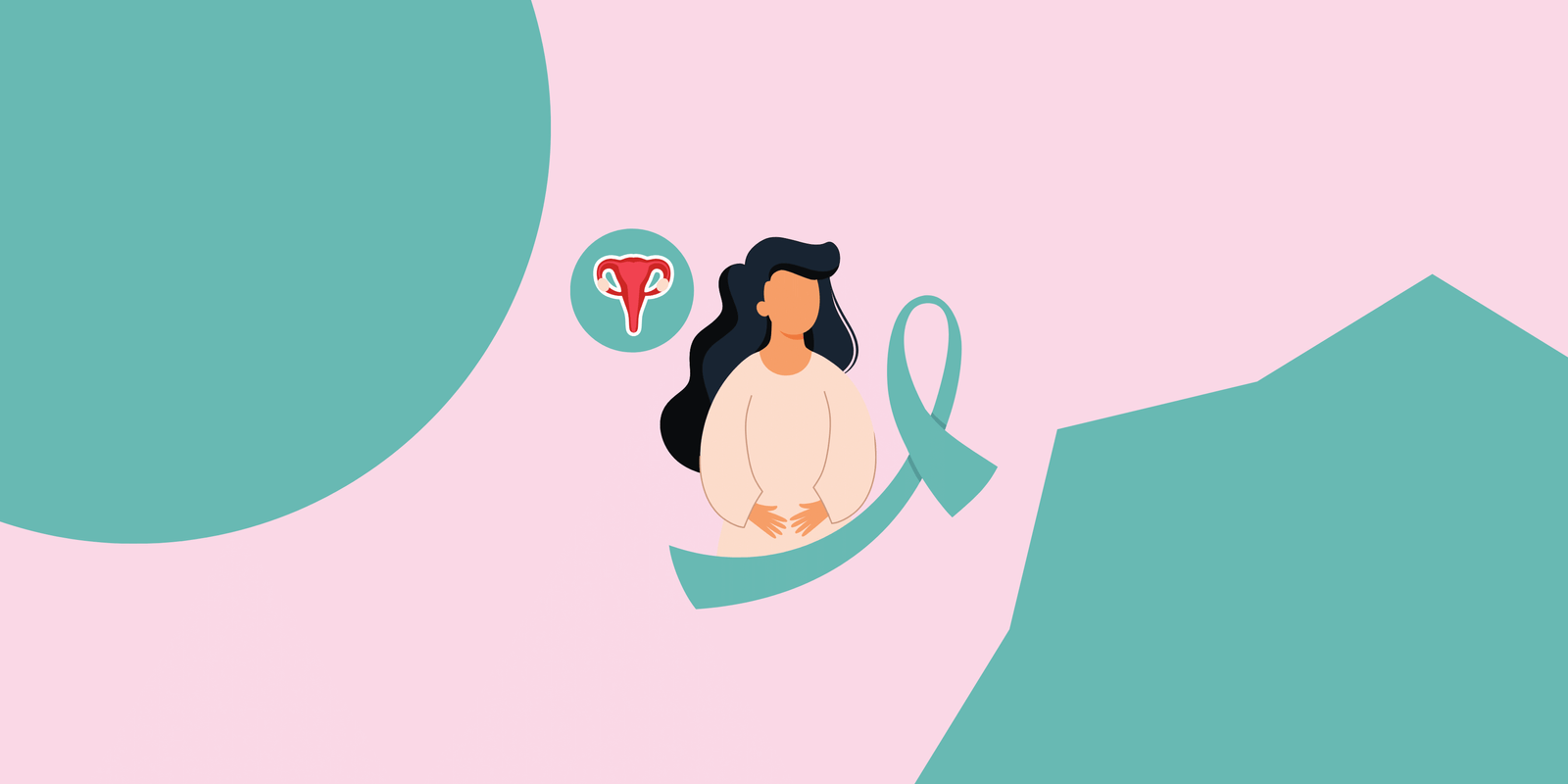Stress and Hormonal Health: Managing Cortisol Levels for Balance
Feeling frazzled, overwhelmed, and constantly on edge? Have you ever wondered how stress impacts your hormonal health, leaving you feeling out of sync and off-balance? If so, you're not alone. Stress is an inevitable part of life, but its effects on our hormones can wreak havoc on our physical and emotional well-being. In this comprehensive guide, we'll explore the intricate relationship between stress and hormonal health, equipping you with the knowledge and tools to manage cortisol levels and restore balance to your body and mind. Get ready to embark on a journey towards greater resilience, vitality, and inner peace.
Chapter 1: The Stress-Hormone Connection
Let's start by unraveling the complex interplay between stress and hormones, and how chronic stress can disrupt the delicate balance of our hormonal system.
1. What is cortisol, and why is it called the "stress hormone"?
- Cortisol is a hormone produced by the adrenal glands in response to stress.
- It plays a crucial role in the body's response to stress by mobilizing energy stores, increasing heart rate and blood pressure, and suppressing non-essential functions like digestion and reproduction.
- Cortisol is often referred to as the "stress hormone" because its levels rise in response to stressors, helping the body cope with immediate threats.
2. The fight-or-flight response: How stress triggers cortisol release
- When faced with a stressful situation, the body activates the sympathetic nervous system, triggering the fight-or-flight response.
- This response prepares the body to either confront the stressor (fight) or flee from it (flight) by releasing adrenaline and cortisol.
- Cortisol mobilizes glucose and fatty acids, providing the body with a quick source of energy to respond to the perceived threat.
3. The HPA axis: The brain's communication hub for stress and hormones
- The hypothalamic-pituitary-adrenal (HPA) axis is a complex neuroendocrine system involved in the body's stress response.
- When the brain perceives a stressor, the hypothalamus releases corticotropin-releasing hormone (CRH), which signals the pituitary gland to release adrenocorticotropic hormone (ACTH).
- ACTH then stimulates the adrenal glands to produce and release cortisol into the bloodstream, completing the stress response cascade.
4. Short-term vs. long-term stress: Acute vs. chronic cortisol elevation
- Short-term stress, or acute stress, is a normal and adaptive response to immediate threats or challenges. In this case, cortisol levels spike temporarily to help the body cope with the stressor.
- However, chronic stress, which persists over an extended period, can lead to prolonged elevation of cortisol levels.
- Chronic cortisol elevation can have detrimental effects on various bodily systems, including immune function, metabolism, cardiovascular health, and mental well-being.
Chapter 2: The Impact of Stress on Hormonal Health
Stress doesn't just affect our mood and mental state; it can also take a toll on our physical health, influencing various hormonal processes in the body.
1. Hormonal imbalances: Disruptions to estrogen, progesterone, and testosterone levels
- Chronic stress can disrupt the delicate balance of hormones such as estrogen, progesterone, and testosterone.
- Elevated cortisol levels, resulting from chronic stress, can interfere with the production and regulation of these hormones, leading to imbalances.
- Hormonal imbalances may manifest as irregular menstrual cycles, changes in libido, mood swings, and other symptoms.
2. Menstrual irregularities: Stress-induced changes in the menstrual cycle
- Stress can impact the menstrual cycle by altering the function of the hypothalamic-pituitary-ovarian (HPO) axis, which regulates reproductive hormones.
- Stress-induced changes in hormone levels can result in irregular menstrual periods, missed periods (amenorrhea), or more painful and heavy periods (dysmenorrhea).
3. Weight fluctuations: Cortisol's role in abdominal fat accumulation and metabolism
- Cortisol, the primary hormone released in response to stress, plays a role in metabolism and fat storage.
- Chronic stress and elevated cortisol levels have been linked to abdominal fat accumulation and weight gain.
- Additionally, stress-related eating behaviors, such as emotional eating or cravings for high-calorie foods, can contribute to weight fluctuations.
4. Sleep disturbances: The vicious cycle of stress and sleep deprivation
- Stress can disrupt sleep patterns and contribute to sleep disturbances such as insomnia, difficulty falling asleep, or frequent awakenings during the night.
- Conversely, inadequate or poor-quality sleep can increase stress levels, creating a vicious cycle that further exacerbates stress and disrupts hormonal balance.
- Sleep deprivation can affect hormone regulation, including cortisol, growth hormone, and melatonin, which play key roles in stress response and sleep-wake cycles.
5. Skin and hair issues: How stress contributes to acne, hair loss, and premature aging
- Chronic stress can affect skin health by triggering or exacerbating various skin conditions, including acne, eczema, psoriasis, and rosacea.
- Elevated cortisol levels can increase sebum production and inflammation, leading to acne breakouts.
- Stress can also contribute to hair loss (telogen effluvium) by disrupting the hair growth cycle and causing more hairs to enter the resting phase prematurely.
- Additionally, stress-related oxidative stress and inflammation can accelerate skin aging, leading to wrinkles, fine lines, and dullness.
Chapter 3: Strategies for Managing Cortisol Levels
Combatting stress and restoring hormonal balance requires a multifaceted approach that addresses both the underlying stressors and their physiological effects. Discover effective strategies for managing cortisol levels and promoting resilience.
1. Stress management techniques: Mindfulness meditation, deep breathing exercises, and progressive muscle relaxation
- Mindfulness meditation: This practice involves focusing on the present moment without judgment, which can help reduce stress and promote relaxation.
- Deep breathing exercises: Deep breathing techniques, such as diaphragmatic breathing or box breathing, activate the body's relaxation response, lowering cortisol levels and promoting calmness.
- Progressive muscle relaxation: This technique involves systematically tensing and relaxing different muscle groups, helping to release physical tension and alleviate stress.
2. Regular exercise: The mood-boosting benefits of physical activity for stress reduction
- Engaging in regular physical activity, such as aerobic exercise, strength training, or yoga, can help reduce stress levels and lower cortisol production.
- Exercise stimulates the release of endorphins, neurotransmitters that promote feelings of well-being and act as natural mood lifters.
- Additionally, physical activity helps improve sleep quality, which is essential for managing stress and maintaining hormonal balance.
3. Healthy lifestyle habits: Prioritizing sleep, nutrition, and hydration for optimal well-being
- Adequate sleep is crucial for regulating cortisol levels and supporting overall health. Aim for 7-9 hours of quality sleep per night to help your body recover from daily stressors.
- Nutrition plays a significant role in managing cortisol levels. Opt for a balanced diet rich in whole foods, including fruits, vegetables, lean proteins, and healthy fats, while minimizing processed foods and sugar.
- Hydration is essential for maintaining proper physiological function, including hormone regulation. Drink plenty of water throughout the day to stay hydrated and support your body's stress response.
4. Social support network: Cultivating meaningful connections and seeking support from friends and family
- Building strong social connections and maintaining supportive relationships can buffer against the negative effects of stress and promote emotional resilience.
- Spending time with loved ones, confiding in trusted friends or family members, and seeking support during challenging times can help reduce cortisol levels and improve overall well-being.
5. Mind-body practices: Yoga, tai chi, and qigong for integrating body, mind, and spirit
- Mind-body practices like yoga, tai chi, and qigong combine physical movement, breathwork, and mindfulness techniques to promote relaxation and stress reduction.
- These practices help integrate the body, mind, and spirit, fostering a sense of inner peace and balance while reducing cortisol levels and enhancing overall resilience.
Chapter 4: Holistic Approaches to Stress Relief
In addition to conventional stress management techniques, exploring holistic modalities can enhance your resilience and promote overall well-being.
1. Herbal remedies: Adaptogenic herbs like ashwagandha, rhodiola, and holy basil for stress resilience
- Ashwagandha: Known for its adaptogenic properties, ashwagandha helps the body adapt to stress and promote overall resilience. It can help lower cortisol levels, reduce anxiety, and improve mood.
- Rhodiola: Another adaptogenic herb, rhodiola, has been shown to increase the body's resistance to stress and fatigue, enhance cognitive function, and promote a sense of well-being.
- Holy basil: Also known as tulsi, holy basil is revered in Ayurvedic medicine for its stress-relieving properties. It helps modulate the body's stress response, reduce inflammation, and support mental clarity.
2. Aromatherapy: Essential oils like lavender, chamomile, and bergamot for relaxation and calm
- Lavender: Lavender essential oil is widely used for its calming and relaxing effects. It can help reduce stress, anxiety, and promote better sleep quality.
- Chamomile: Chamomile essential oil has soothing properties that can help calm the mind and promote relaxation. It's often used to alleviate stress, nervousness, and tension.
- Bergamot: Bergamot essential oil has uplifting and mood-balancing properties. It can help relieve stress, anxiety, and depression while promoting feelings of joy and relaxation.
3. Acupuncture: Stimulating energy meridians to rebalance the body's stress response
- Acupuncture is an ancient Chinese healing practice that involves inserting thin needles into specific points on the body to stimulate energy flow and promote balance.
- By targeting key acupuncture points related to stress and relaxation, acupuncture can help rebalance the body's stress response, reduce cortisol levels, and promote overall well-being.
4. Massage therapy: Relaxing tense muscles and promoting circulation for stress relief
- Massage therapy involves manipulating the body's soft tissues to relieve muscle tension, reduce stress, and promote relaxation.
- Various massage techniques, such as Swedish massage, deep tissue massage, and aromatherapy massage, can help release physical and emotional tension, improve circulation, and enhance overall well-being.
5. Cognitive-behavioral therapy (CBT): Rewiring negative thought patterns and building coping skills for stress management
- CBT is a psychotherapy approach that focuses on identifying and challenging negative thought patterns and beliefs that contribute to stress and emotional distress.
- By learning cognitive restructuring techniques and developing coping skills, individuals can effectively manage stress, anxiety, and depression, promoting resilience and emotional well-being.
In conclusion, understanding the intricate relationship between stress and hormones is paramount for maintaining overall health and well-being. Chronic stress can disrupt the delicate balance of hormonal systems, particularly through the release of cortisol, commonly known as the "stress hormone." The body's fight-or-flight response, mediated by the hypothalamic-pituitary-adrenal (HPA) axis, plays a crucial role in mobilizing resources to cope with stressors, but prolonged stress can lead to dysregulation of cortisol levels, resulting in various hormonal imbalances and health issues.
The impact of stress on hormonal health encompasses disruptions to estrogen, progesterone, and testosterone levels, menstrual irregularities, weight fluctuations, sleep disturbances, and skin and hair issues. These manifestations underscore the importance of addressing stress management strategies comprehensively.
Effective strategies for managing cortisol levels and promoting resilience include stress management techniques like mindfulness meditation, deep breathing exercises, and progressive muscle relaxation. Regular exercise, healthy lifestyle habits such as prioritizing sleep, nutrition, and hydration, as well as cultivating social support networks, contribute to overall stress reduction and hormonal balance. Mind-body practices like yoga, tai chi, and qigong integrate physical movement, breathwork, and mindfulness techniques to enhance resilience and reduce cortisol levels.
Exploring holistic approaches to stress relief, such as herbal remedies like adaptogenic herbs, aromatherapy, acupuncture, massage therapy, and cognitive-behavioral therapy (CBT), offers additional tools for promoting overall well-being. These modalities address stress at both the physical and psychological levels, providing comprehensive support for managing stress and restoring hormonal balance.
Incorporating these holistic approaches into daily life can empower individuals to proactively manage stress, optimize hormonal health, and enhance overall quality of life. By prioritizing self-care and adopting a holistic approach to stress management, individuals can cultivate resilience, promote relaxation, and thrive in the face of life's challenges.
Ready to take charge of your stress and hormonal health? Here's a simple action plan to get started:
- 1. Choose one stress management technique from the list provided, such as mindfulness meditation or deep breathing exercises, and incorporate it into your daily routine.
-
2. Commit to regular exercise: Whether it's a brisk walk, a yoga class, or a bike ride, aim to engage in physical activity at least three times a week to boost mood and reduce stress.
- 3. Prioritize sleep: Establish a consistent sleep schedule and create a relaxing bedtime routine to promote quality sleep and support hormonal balance.
- 4. Explore holistic modalities: Consider trying herbal remedies, aromatherapy, acupuncture, massage therapy, or CBT to complement your stress management efforts and enhance overall well-being.
- 5. Build a support network: Reach out to friends, family, or a therapist for support and connection during times of stress. Remember, you're not alone in this journey toward better stress and hormonal health.






